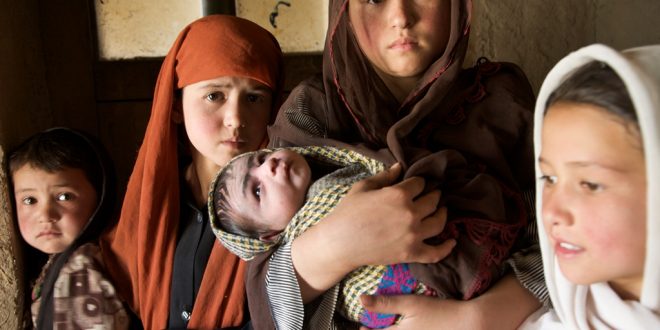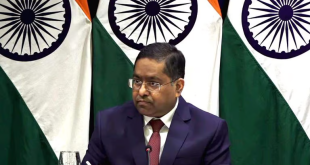AT News
KABUL – In a recent release marking World Children’s Day, Afghanistan’s human rights organization, “Rawadari,” has highlighted a disturbing surge in various forms of violence against children in the country. The report, led by Shahzad Akbar, the former chairperson of the Afghan Independent Human Rights Commission, underscores the detrimental impact of revoked laws protecting children since the return of the Taliban administration.
The Rawadari report, covering the period from August 2021 to October 2023, reveals an alarming increase in forced and early marriages, instances of self-harm, and violence within educational environments. The investigation involved interviews with 181 individuals, including defense lawyers, judicial personnel, victims, and their families across 25 Afghan provinces, shedding light on numerous violations with a predominant focus on girls.
While specific statistics on child rights violations over the two years are not provided, the report emphasizes cases of self-harm, forced marriages by Taliban members, early marriages, violence, mistreatment of children in schools, and the recruitment of children as soldiers.
Rawadari has documented a significant rise in forced and underage marriages in Ghazni province, with one tragic case of a 17-year-old girl forced into marriage resulting in her suicide. Despite the Taliban’s leadership order against underage marriages, the report highlights instances where commanders in various provinces engaged in marriages with underage girls.
Suicide attempts among children have surged due to factors such as poverty and financial pressures. The report cites health centers in Bamyan province, stating that 50% of recorded suicide attempts involve girls under the age of 18. Ghor province has reported a notable increase in child suicides, with at least 35 cases in Badakhshan province.
The report also exposes violence and mistreatment of children in schools and religious schools (Madrasa). The Taliban administration has placed targeted individuals in positions of authority, contributing to instances of punishment, including physical abuse, in the educational environment. Reports also indicate cases of sexual abuse, although these details are withheld due to safety concerns and cultural sensitivities.
As the international community observes Universal Children’s Day on November 20th, the United Nations has expressed concern about the rights of children coming under attack in some parts of the world. The Rawadari report serves as a stark reminder of the challenges faced by Afghan children in the wake of the Taliban’s return to power.
 Afghanistan Times
Afghanistan Times




